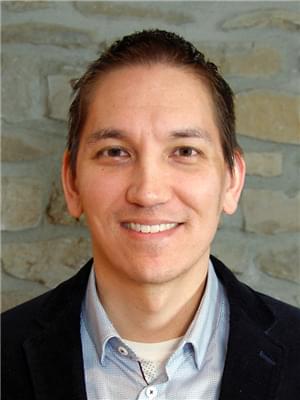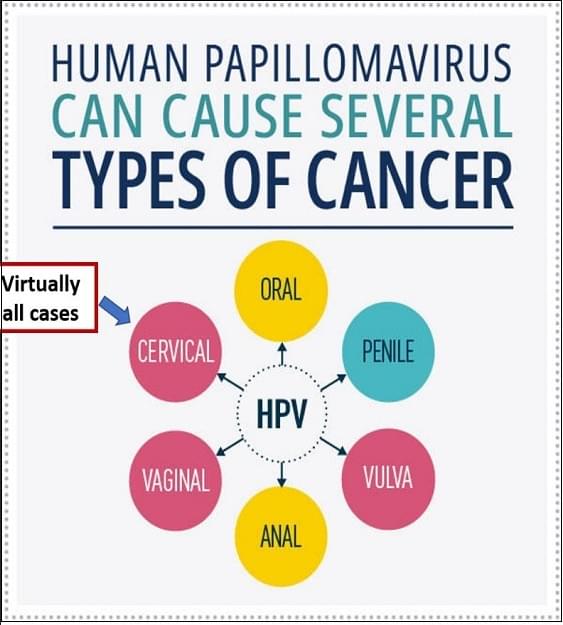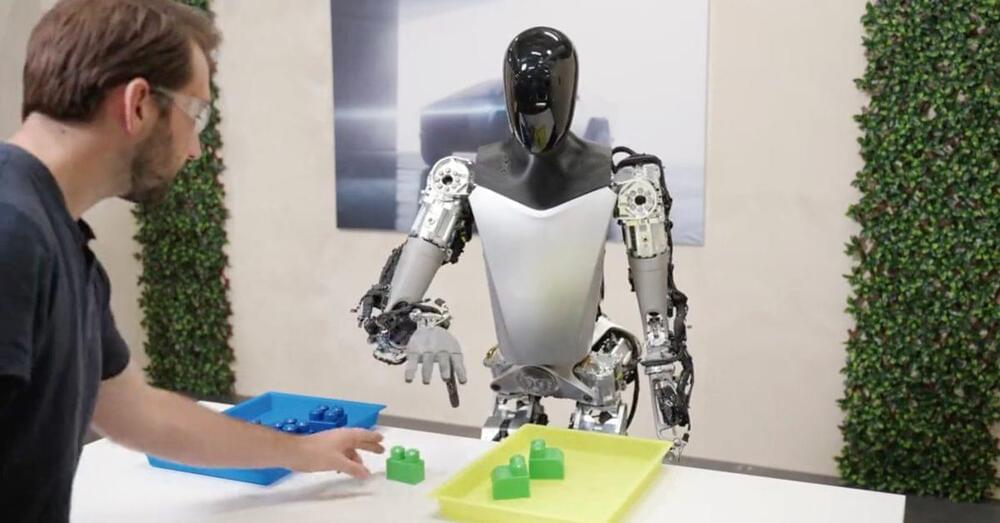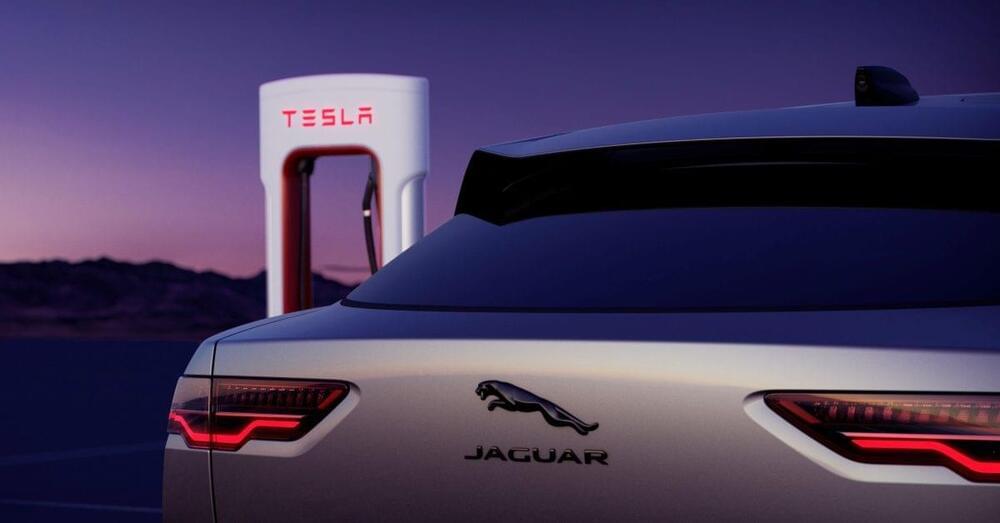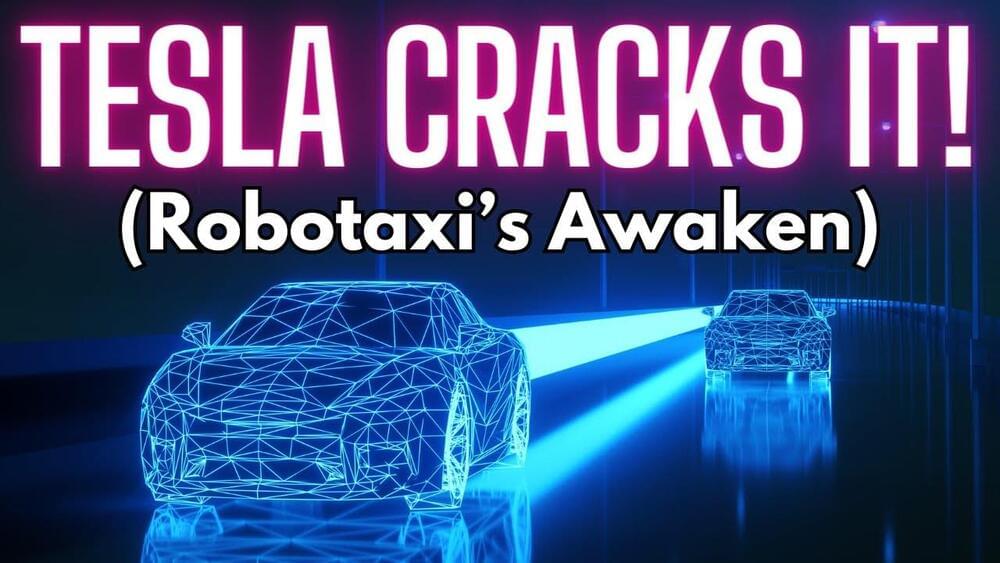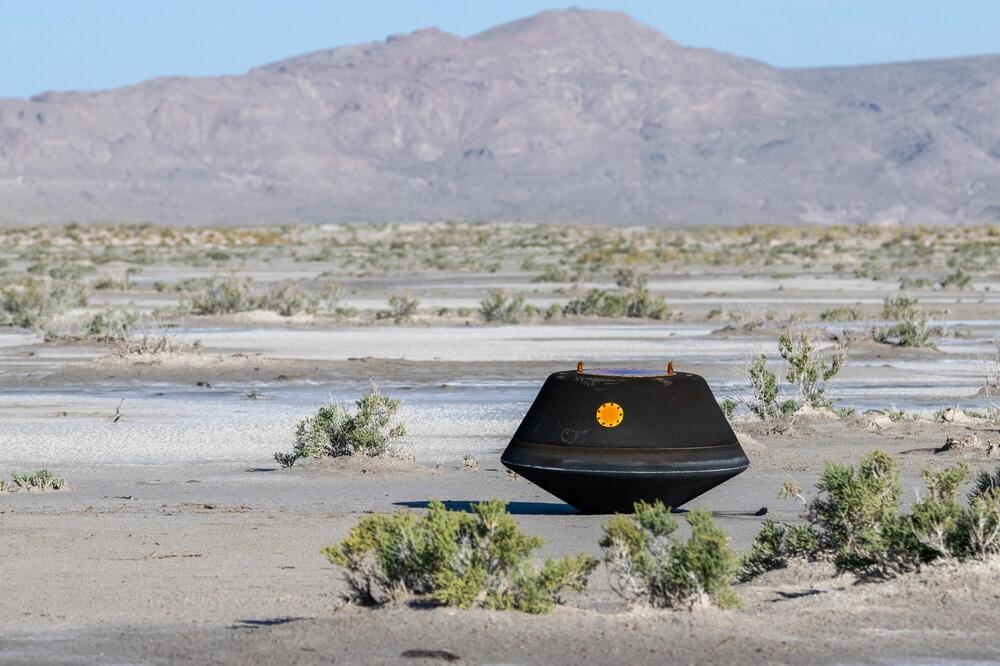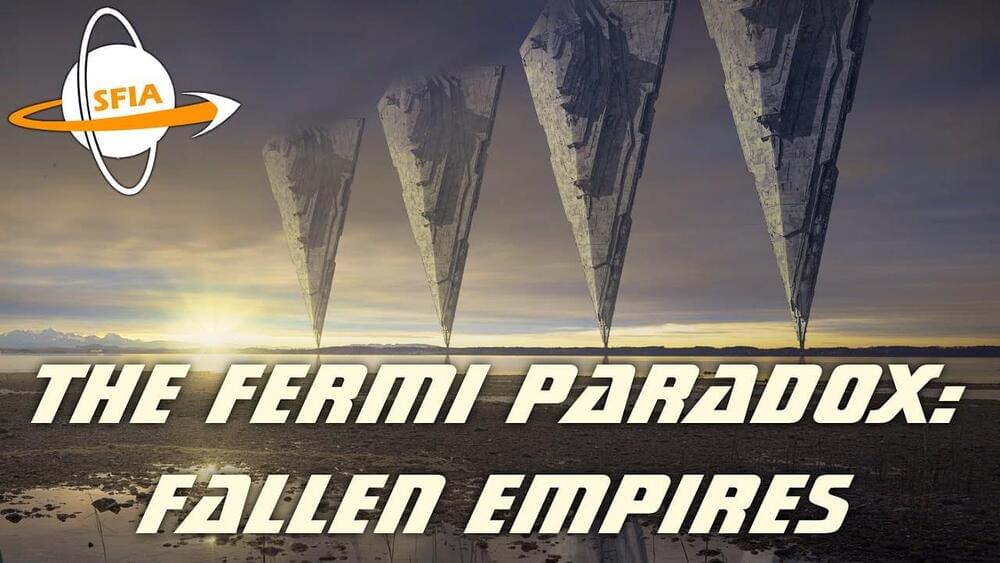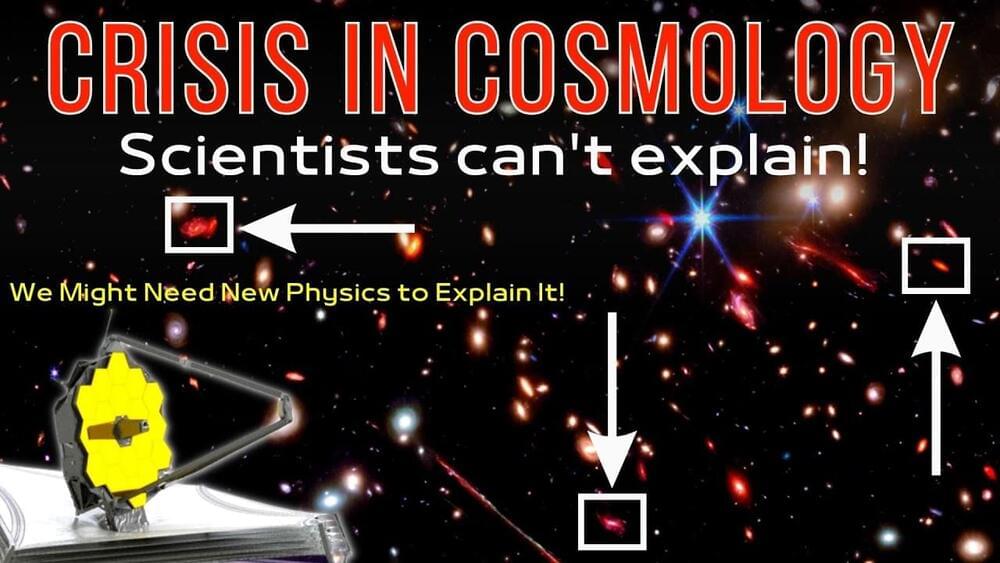Sep 24, 2023
Hauser PI on $1.2 million grant to expand and refine robotic eye examination system
Posted by Omuterema Akhahenda in categories: biotech/medical, health, robotics/AI
A collaboration between researchers at the University of Illinois Urbana-Champaign and Duke University has developed a robotic eye examination system, and the National Institutes of Health has awarded the researchers $1.2 million to expand and refine the system.
The researchers have developed a robotic system that automatically positions examination sensors to scan human eyes. It currently uses an optical scan technique which can operate from a reasonably safe distance from the eye, and now the researchers are working to add more features that will help it perform most steps of a standard eye exam. These features will require the system to operate in closer proximity to the eye.
“Instead of having to spend time in a doctor’s office going through the manual steps of routine examinations, a robotic system can do this automatically,” said Kris Hauser, a U. of I. computer science professor and the study’s principal investigator. “This would mean faster and more widespread screening leading to better health outcomes for more people. But to achieve this, we need to develop safer and more reliable controls, and this award allows us to do just that.”
